Back to Courses
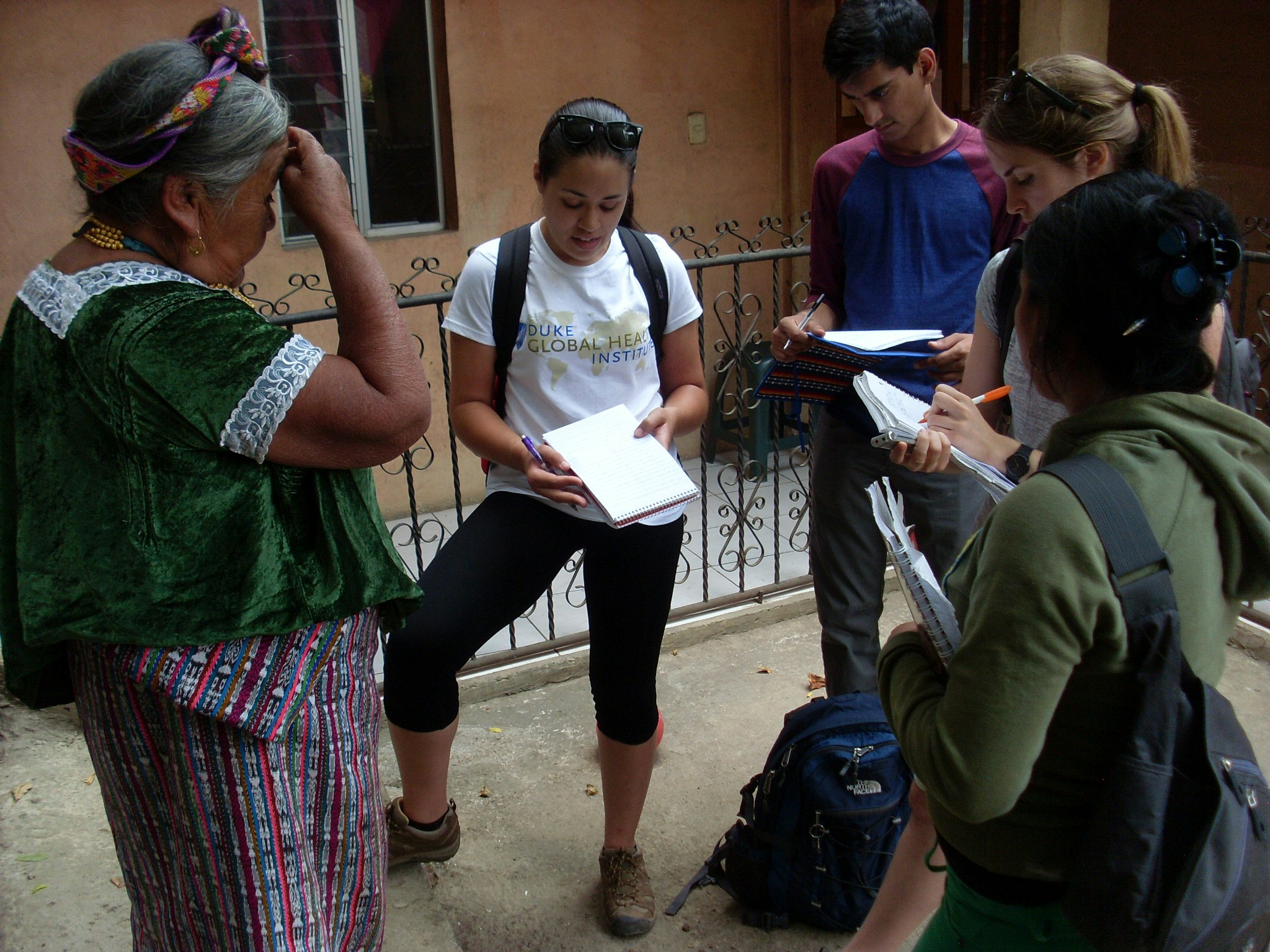
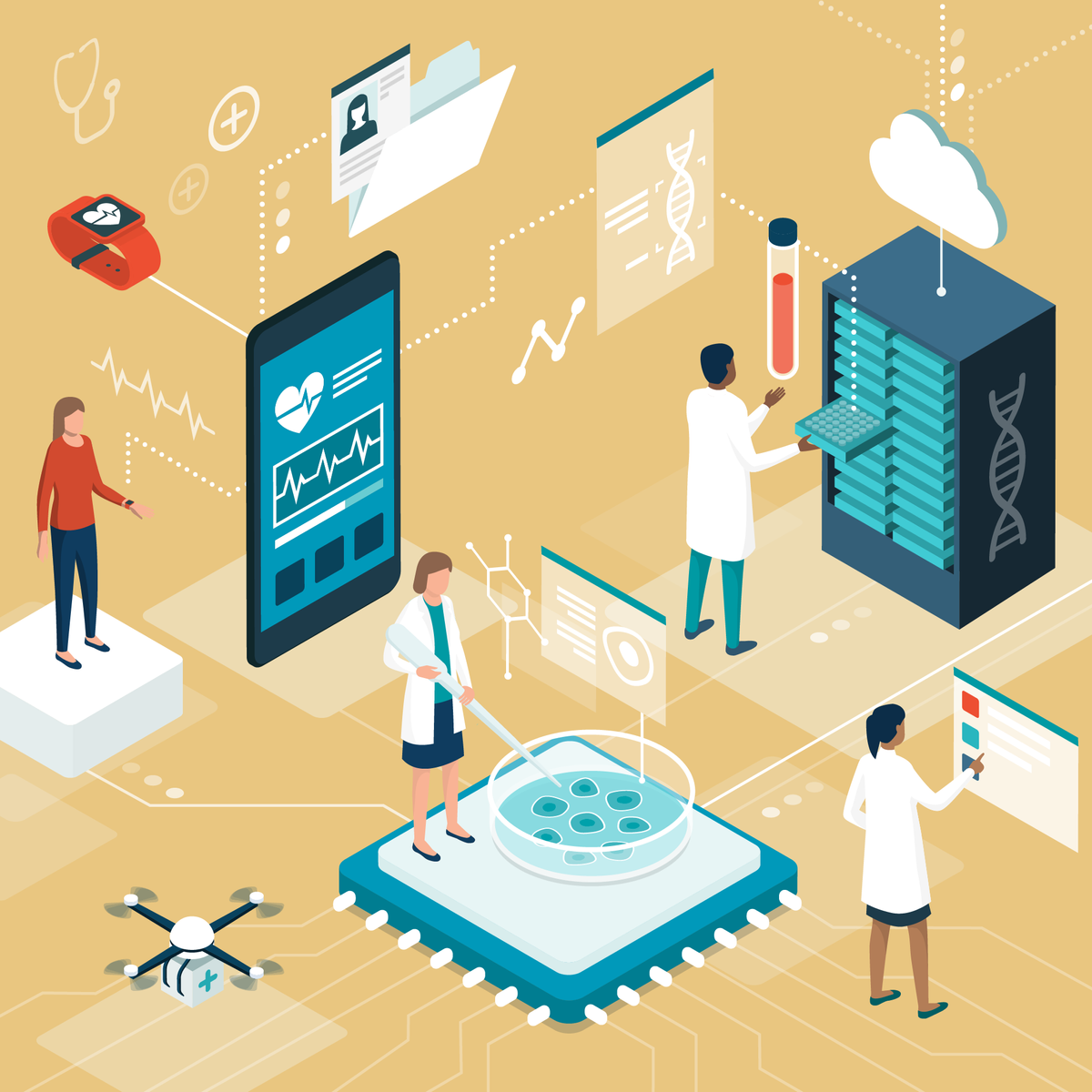
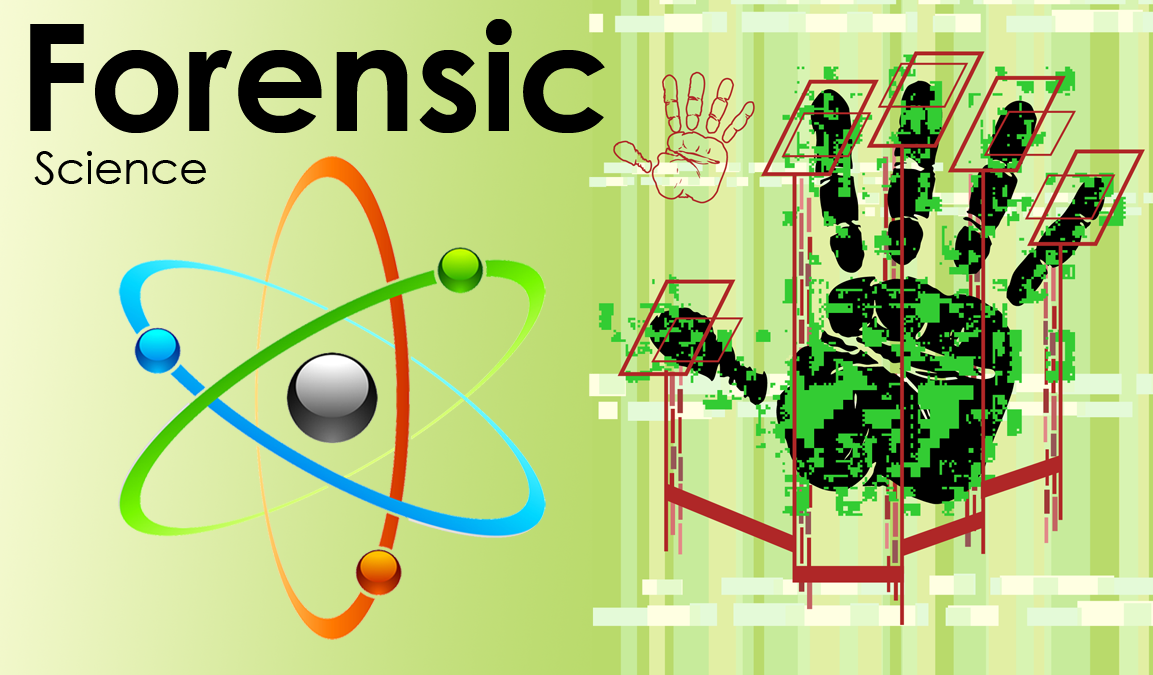
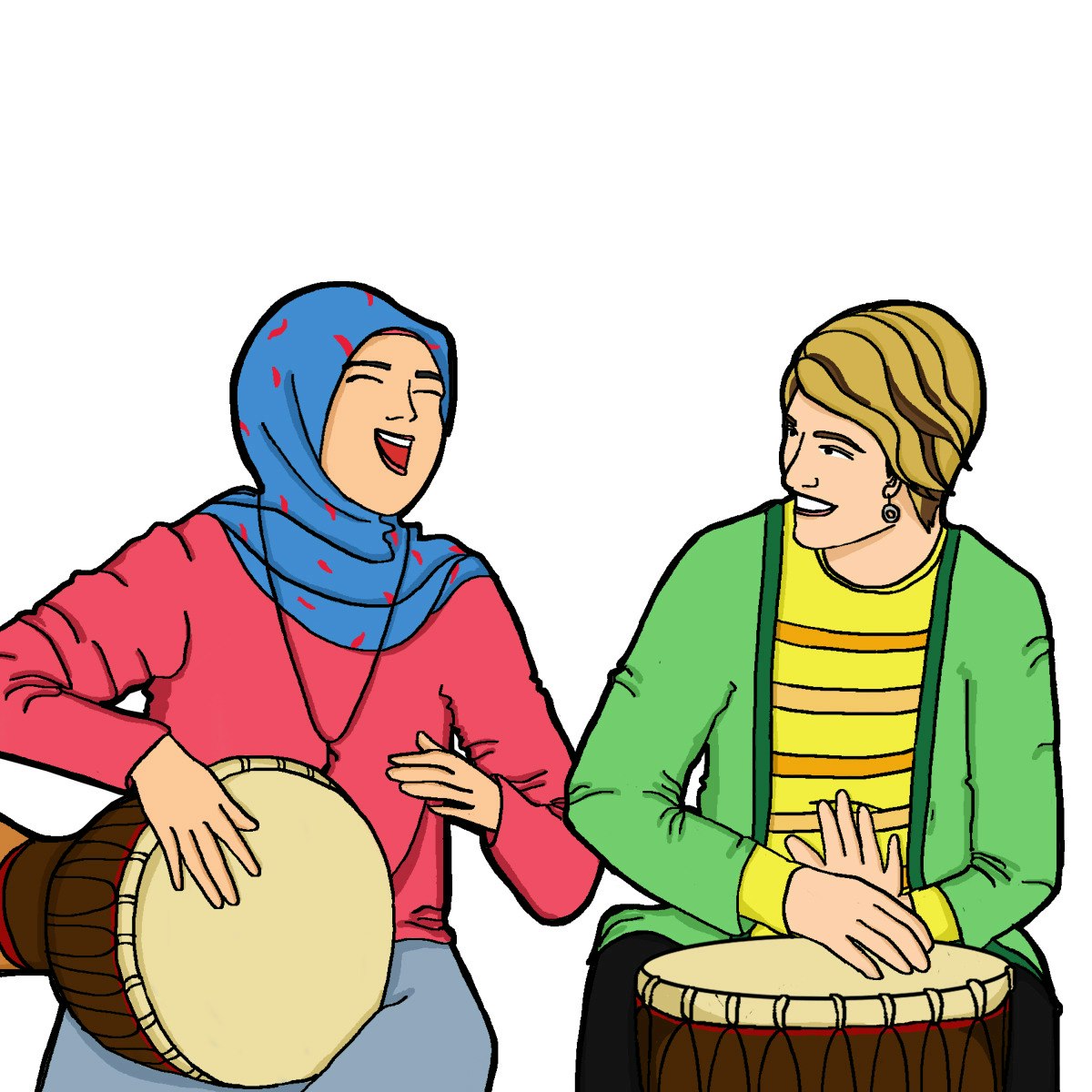

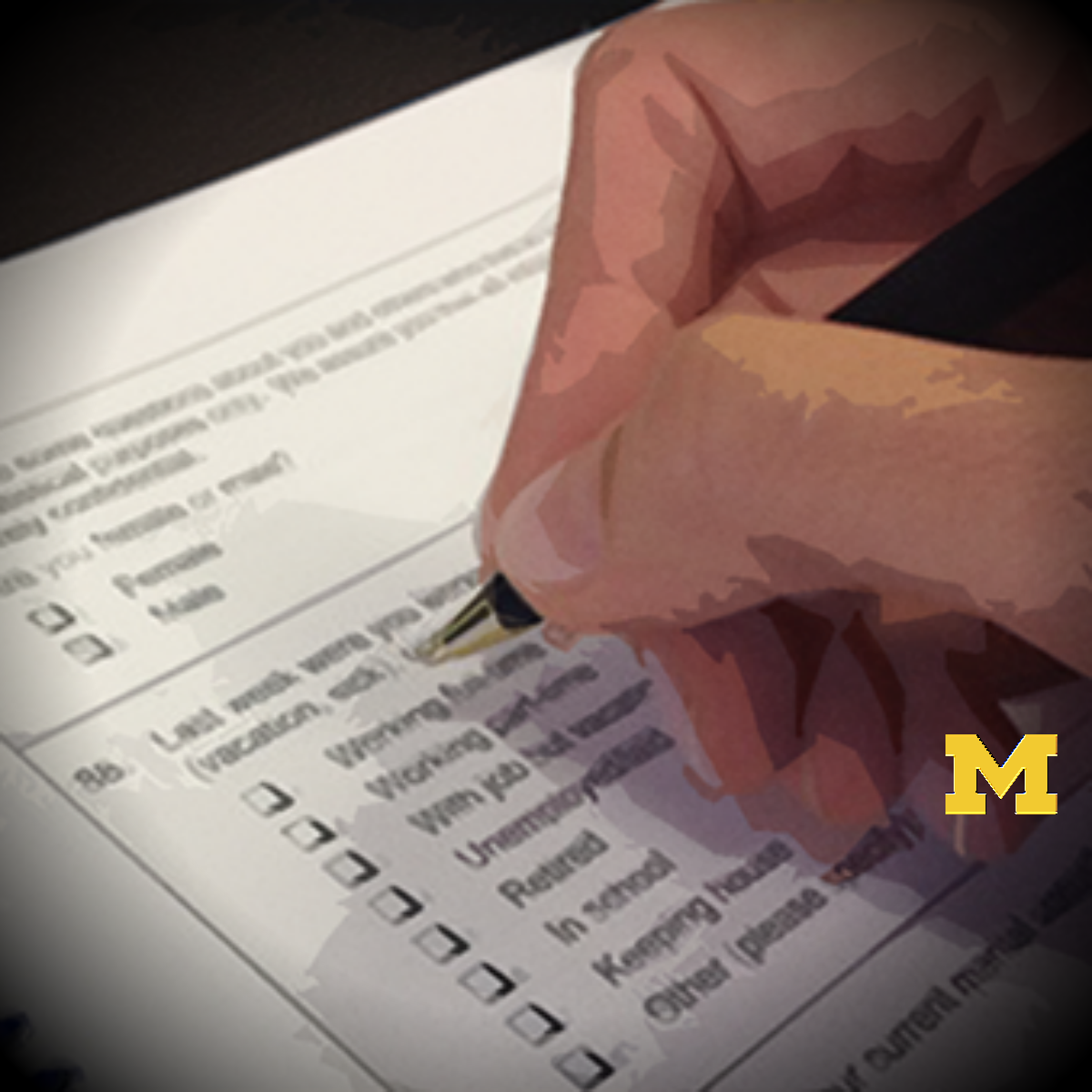


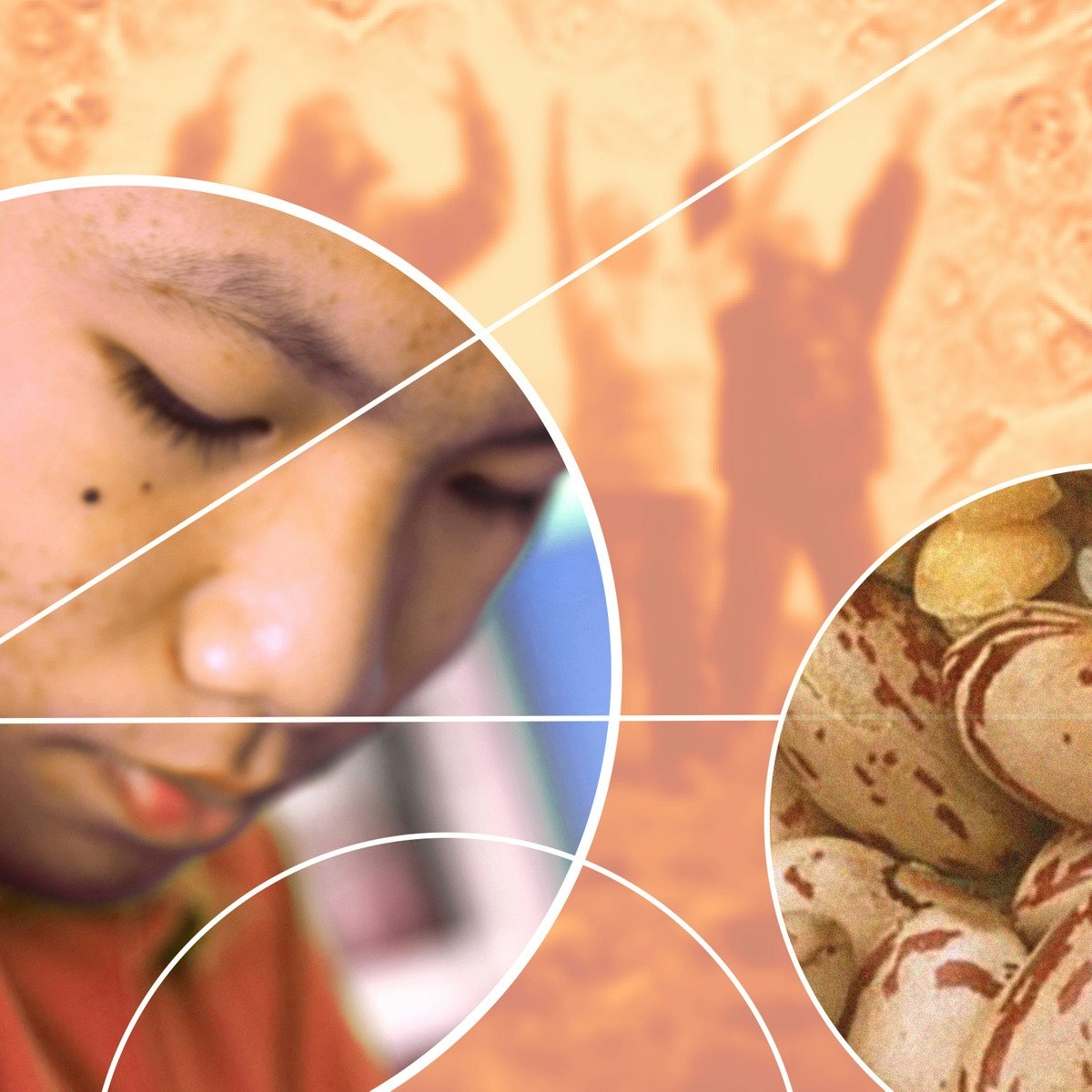
Life Sciences Courses - Page 42
Showing results 411-420 of 644

HI-FIVE: Health Informatics For Innovation, Value & Enrichment (Administrative/IT Perspective)
HI-FIVE (Health Informatics For Innovation, Value & Enrichment) Training is an approximately 10-hour online course designed by Columbia University in 2016, with sponsorship from the Office of the National Coordinator for Health Information Technology (ONC). The training is role-based and uses case scenarios. No additional hardware or software are required for this course.
Our nation’s healthcare system is changing at a rapid pace. Transformative health care delivery programs depend heavily on health information technology to improve and coordinate care, maintain patient registries, support patient engagement, develop and sustain data infrastructure necessary for multi-payer value-based payment, and enable analytical capacities to inform decision making and streamline reporting. The accelerated pace of change from new and expanding technology will continue to be a challenge for preparing a skilled workforce so taking this training will help you to stay current in the dynamic landscape of health care.
This course is one of three related courses in the HI-FIVE training program, which has topics on population health, care coordination and interoperability, value-based care, healthcare data analytics, and patient-centered care. Each of the three courses is designed from a different perspective based on various healthcare roles. This third course is from an administrative or IT perspective, geared towards executives, managers, analysts, and staff that work in administration, business, finance, operations, data or IT. However, we encourage anyone working in healthcare, health IT, public health, and population health to participate in any of the three trainings.

The Challenges of Global Health
What are the world’s major health challenges? What contributes to them? What can we do to improve health outcomes and reduce health disparities?
Whether you are new to Global Health, want to take a refresher course, or want to sample Global Health before undertaking undergraduate or graduate study in the field, The Challenge of Global Health is designed to provide a comprehensive but concise foundation for understanding Global Health problems and solutions.
Taught by Dr. David Boyd, an award-winning professor at Duke University’s Global Health Institute (https://www.youtube.com/watch?v=SB4xBBzNxVQ), the course combines lectures with videos shot around the world and interviews with some of the world’s foremost Global Health experts.

Evaluations of AI Applications in Healthcare
With artificial intelligence applications proliferating throughout the healthcare system, stakeholders are faced with both opportunities and challenges of these evolving technologies. This course explores the principles of AI deployment in healthcare and the framework used to evaluate downstream effects of AI healthcare solutions.
The Stanford University School of Medicine is accredited by the Accreditation Council for Continuing Medical Education (ACCME) to provide continuing medical education for physicians. Visit the FAQs below for important information regarding 1) Date of original release and Termination or expiration date; 2) Accreditation and Credit Designation statements; 3) Disclosure of financial relationships for every person in control of activity content.

Introduction to Forensic Science
We have all seen forensic scientists in TV shows, but how do they really work? What is the science behind their work?
The course aims to explain the scientific principles and techniques behind the work of forensic scientists and will be illustrated with numerous case studies from Singapore and around the world.
Some questions which we will attempt to address include:
How did forensics come about? What is the role of forensics in police work? Can these methods be used in non-criminal areas?
Blood. What is it? How can traces of blood be found and used in evidence?
Is DNA chemistry really so powerful?
What happens (biologically and chemically) if someone tries to poison me? What happens if I try to poison myself?
How can we tell how long someone has been dead? What if they have been dead for a really long time?
Can a little piece of a carpet fluff, or a single hair, convict someone?
Was Emperor Napoleon murdered by the perfidious British, or killed by his wallpaper?
*For Nanyang Technological University (NTU) students, please be noted that this course will no longer be eligible for credit transfer.

How Music Can Change Your Life
Did you ever wonder how music works?
This course provides free video, audio and journal resources that explain six basic principles about how music can influence individual and community health and wellbeing. From biology and neuroscience, to psychotherapy and politics, the ways we engage with music can make all the difference. Music has always played an integral role in the lives of individuals and communities all around the globe. This course explores the ways that music can be used to achieve positive changes with a particular emphasis on the most vulnerable persons. Six different understandings will be explored, each with their own set of values and assumptions. The greatest thinkers in each approach believe that their way of explaining the power of music is right, but we will show that understanding music in its entirety delivers the best results in each unique circumstance. Once we understand the various ways that music can change the world, we can make informed decisions about how best to employ its extraordinary power.
Learners who engage in this MOOC can expect to both deepen and broaden their understanding of how music can be used with individuals, groups and communities. Specifically: • To distinguish between how music works on the body, in the brain, through the unconscious, for bonding, as political action and in reflecting culture, • To design practical programs that utilise music to support individuals, groups and communities based on examples shared in the ‘on-site’ case studies.
View the MOOC promotional video here: http://tinyurl.com/jnde3w3

Population Health: Syndemics
Do you wish to contribute to breaking cycles of ill-health in disadvantaged populations? And explore co-occurrence of diseases, such as substance abuse, infectious and chronic disease, and the relation with social factors (disparities)?
Are you disappointed in the poor effectiveness of interventions for combined social and medical problems?
Then this syndemics course might provide you with some answers.
In medicine, diseases are generally approached as distinct entities, in isolation from other diseases ánd the social contexts in which the disease occurs. However, in disadvantaged populations accumulations of risk factors intertwine with complex social problems leading to excessive burdens of disease and interventions with poor effectiveness.
For that reason, alternative approaches are needed that do not separate diseases from the contexts of inequality and health disparity in which they develop. The simultaneous presence of more than one disease is not treated as co-morbidity; a syndemic approach pays attention to the forces that tie afflictions together.
This course will learn you about the concept of syndemcs and how to explore these combined medical and social problems. It will cover different research methods (quantitative, qualitative and mixed-method research) that can be used in studying syndemics.

Questionnaire Design for Social Surveys
This course will cover the basic elements of designing and evaluating questionnaires. We will review the process of responding to questions, challenges and options for asking questions about behavioral frequencies, practical techniques for evaluating questions, mode specific questionnaire characteristics, and review methods of standardized and conversational interviewing.

What is Palliative Care?
Palliative care provides invaluable help for patients living with serious or life-limiting illness and their family caregivers. Palliative care should be part of healthcare services to improve quality of life, the ability to tolerate and benefit from treatment and improve survival. In this course, you will learn about the nature of suffering and how this concept can help you understand the experience of people living with serious illness. Next, you will learn skills to more effectively communicate with patients, families and other care providers to both understand their experiences and provide an extra layer of support. In the next module you will explore your own core values and beliefs and how they impact your work with others. Finally, you will learn how to do a whole person assessment to understand the needs of people with serious illness so you can develop a plan to support them.
You will be able to immediately use these insights, skills and tools in your work with people living with serious illness. In later courses, you will learn to ease pain and other symptoms, such as loss of appetite, shortness of breath and fatigue. In the final course, you will explore ways to ease psycho-social-spiritual distress. These courses will prepare you to bring basic palliative care to all in need.

Cancer Prevention Web-Based Activity
This web-based video course focuses on the importance of prevention and risk reduction in decreasing cancer occurrences. All learners will need to watch the video modules, read associated articles, and achieve a passing score of 80% on quizzes in order to complete the course. After completing the course, learners will receive a link to claim continuing medical and nursing education credit.
DESCRIPTION
Next Generation Choices Foundation (NGCF or Less Cancer), lesscancer.org, in conjunction with the University of Virginia and American University, promotes a prevention paradigm for addressing the alarming trend of increasing cancer incidences and raises awareness of cancer prevention to make risk reduction and prevention a vital part of the cancer paradigm for all people. This is a departure from previous treatment-focused approaches that talked about beating, conquering, or curing cancer. Many cancers are preventable by reducing risk factors, such as PFAS and lead corrosion in water supply and infrastructure, use of tobacco products, ultraviolet light exposure, asbestos exposure, specific contaminants and pollution sources, disparities and inequities, and promoting healthy lifestyle choices, such as diet, exercise, and nutrition.
Visit the FAQs below for important information regarding 1) Activity faculty and their credentials; 2) Accreditation and Credit Designation statements; 3) Commercial support disclosure statement; 4) Disclosure of financial relationships for every person in control of activity content and their role in the activity; 5) Date of original release and Termination or expiration date.

Diabetes – the Essential Facts
Across the world more than 420 million people are living with diabetes. Two thirds of these have not yet been diagnosed. When discovered late or managed incorrectly, diabetes can damage your heart, blood vessels, eyes, kidneys, and nerves, leading to disability and premature death. In fact, more people are dying of diabetes related diseases than of diseases as HIV/AIDS, malaria and tuberculosis combined.
This course will provide you with an introduction to the most recent research in the field of prevention and treatment of diabetes as well as a broader understanding of the situation in different communities, rich and poor, across the world, where diabetes threatens public health.
What kind of disease is diabetes, who has it, and who is at risk of getting it? And what are the roles of medicine, exercise and nutrition when trying to prevent, delay or treat diabetes?
During the course you will meet researchers and experts from Imperial College London, Emory University in Atlanta, Steno Diabetes Center in Copenhagen as well as the School of Global Health and the Center for Basic Metabolic Research at the University of Copenhagen.
They work with very different aspects of diabetes, from microbiology to global public health, but what ties them together is the belief that it is a global responsibility to combat diabetes, and this fight can only be won through new knowledge and global collaboration.
We hope you will join us in the course and equip yourself to take part in the ongoing discussions of this truly global and individual health challenge.
This course is also part of the EIT Health programme.
